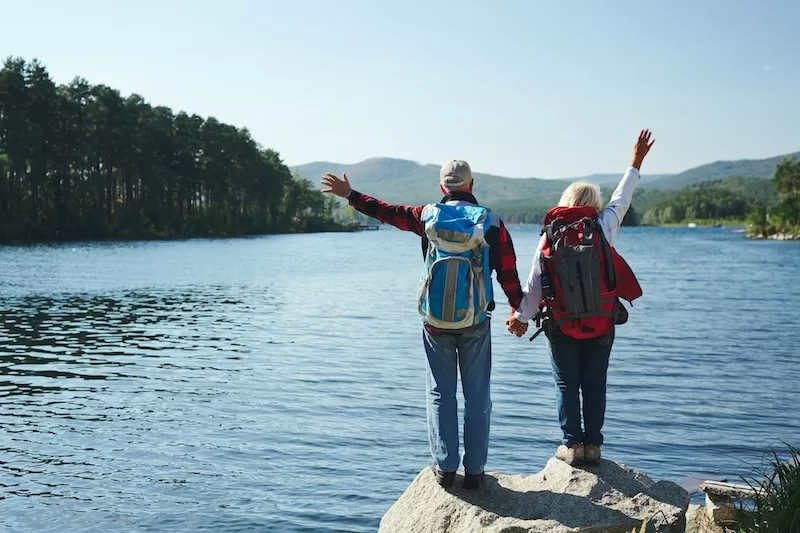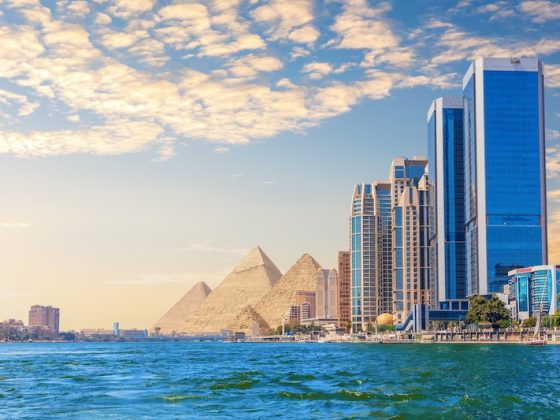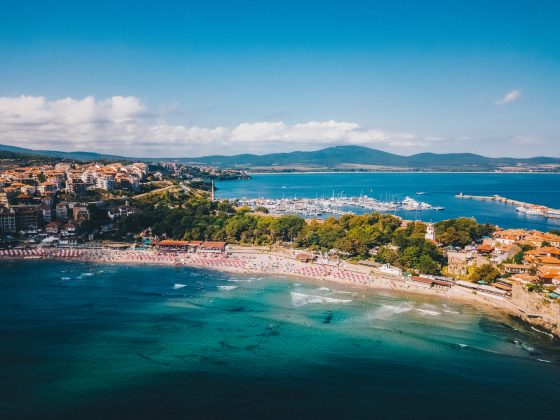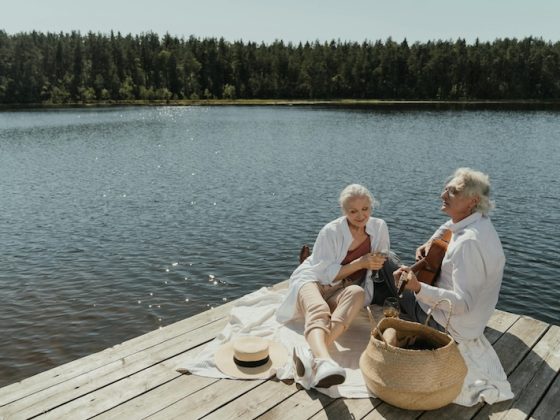Introduction
Retirement visas have opened the door to a new age of global living. They give people the legal right to spend their later years in a country that feels kinder to their savings, easier on their knees, richer in community, or full of sun that keeps them outdoors. For many, this shift is less about escape and more about possibility. Imagine mornings where coffee comes from a hillside close enough to see. Imagine healthcare that does not require a second mortgage. Imagine days shaped by ocean, plaza, or market instead of routine.
This article translates the complexity of retirement visas into a roadmap you can actually use. Here you will find how these visas work, which countries welcome retirees, what income you need, how healthcare and taxes play into residency, and how to make a smart plan for your move.
By the end, retirement abroad feels less like a leap and more like a next step.
What Retirement Visas Actually Allow You to Do
A retirement visa at its core
A retirement visa is a long stay residency permit that rewards financial independence. Pension deposits, rental earnings or investment returns become the key that opens the door. With approval comes the legal right to stay year after year, not just until the tourist stamp fades. Daily life gains structure. You can sign a long-term lease and fill the kitchen with local ceramics instead of travel sized packets. You can open a bank account in the same currency printed on restaurant menus. Private hospitals that once felt like foreign territory become where you go for checkups. In some countries, patience and consistency even lead to permanent residency and the possibility of citizenship. What begins as a visa becomes a planted life.
Who uses retirement visas and why
More than 300 million people now live outside their birth country, about 3.6 to 3.7% of the world. A growing share of that movement is driven by retirees who want money that lasts, medical care that feels dependable, and days shaped by something warmer than routine. Research shows many older adults feel pushed abroad by rising health costs and pensions stretched thin. Others feel pulled by small, better moments. A bench under bougainvillea that turns neighbors into friends. A coastal grocery bill that leaves space for weekend plans.
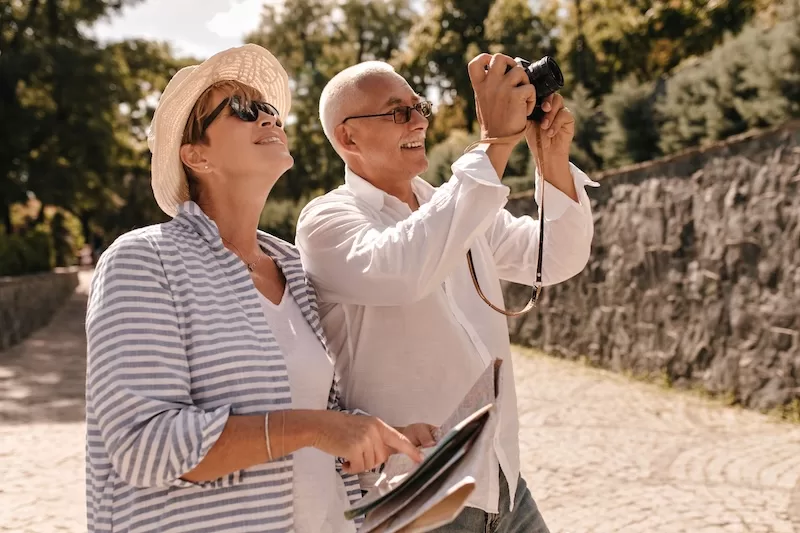
Retirement savings can feel like a loaf of bread. In some places, every slice grows too thin to properly hold anything. In the right destination, the slices come thick and generous, with enough left over to share.
Forces Driving the Rise of Retirement Abroad
Economic and healthcare motivations
Financial pressure is the spark for many cross-border moves. One recent survey found that around one third of Americans are seriously considering retiring abroad to reduce living costs and secure more affordable medical care. Healthcare in destinations like Portugal, Costa Rica and Thailand can feel almost luxurious compared to prices back home, with private hospitals offering clean, modern facilities, short wait times and doctors trained in global systems. A knee replacement or routine scan does not wipe out savings. After an appointment, there is still room in the budget for a seaside lunch or a taxi home instead of a long bus journey.
But this shift is not only about money. It is about reallocating resources toward a life that feels more rewarding. Lower rent means an extra art class. Cheaper produce means meals that taste fresher. A simpler healthcare bill means fewer worries darkening the day.
Climate and lifestyle shifts
Retirement visas unlock regions shaped by sun and social connection. Dry winters give way to humid breezes and skin warmed by late afternoons. Walking becomes default transportation. Groceries are bought from someone who soon becomes a familiar face.
Outdoor markets buzz early with stacked fruit and bread still cooling on trays. The pace encourages small conversations that grow into friendships. Many retirees describe that connection as the invisible advantage. Even those who arrive alone find company on park benches or at beachfront bars where laughter replaces the background noise of traffic.
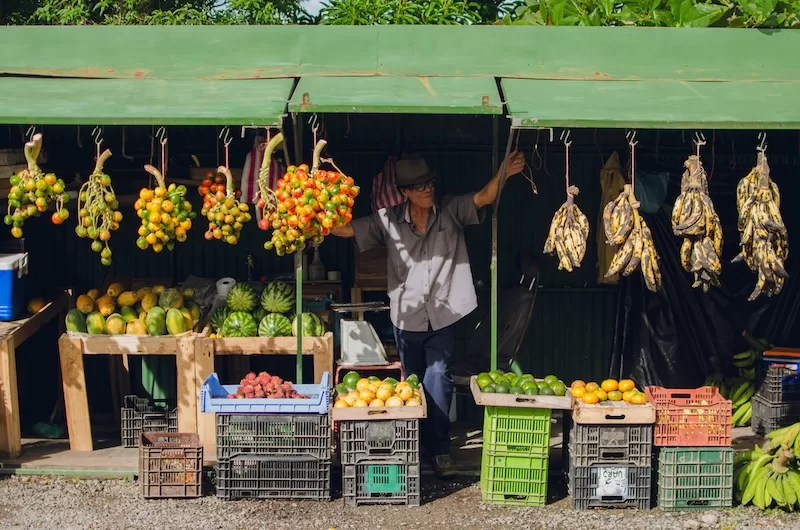
Housing and the search for space
In many home countries, downsizing is framed as sacrifice. Abroad, it becomes an upgrade. A pension that barely affords a cramped apartment may cover a spacious home with a balcony large enough for breakfast outside. Community pools and gardens shift from aspirational perks to everyday settings. Privacy and green space come back into reach.
A growing desire for safety, stability and simplicity
Some retirees leave home not because they crave novelty but because they crave calm. Political tensions, rushed schedules or social isolation can push people to seek communities that feel predictable and grounded. Many retirement visa destinations pride themselves on close neighborhood ties, strong social services and slower rhythms that protect mental well-being.
Technology closing the distance
Video calls and messaging keep families knitted together even when oceans sit in between. Grandkids appear on screen in real time. Streaming news carries hometown familiarity into a room with walls painted in Mediterranean white or tropical teal. The biggest fear from past generations – the fear of feeling cut off – has softened.
How retirement visa programs work: core eligibility criteria
Age qualifications
Retirement visas usually draw a line at midlife. Many begin eligibility around age 50 or 55, a way of ensuring the applicant is shifting into the slower, non-working stage of life. Thailand sets the bar at 50. Some European programs do not mention age at all and focus instead on proof that your income flows without a local paycheck. In those places, a 47-year-old who already lives off investments might still qualify. The idea is simple: the host country wants residents who arrive ready to live, not compete for jobs.
Financial sustainability
Your bank statements tell the story. Income must be predictable and enough to cover rent, food, transportation and a comfortable daily rhythm without burdening the local economy. Some common benchmarks:
| Country | Minimum Monthly Income Requirement |
| Nicaragua | Around $600 USD |
| Costa Rica | Around $1,000 USD |
| Panama | Around $1,000 USD, pension based |
| Spain | Roughly €25,816 per year |
| Portugal | Passive income equal to minimum wage or higher |
Countries may verify funds by asking for pension award letters, rental agreements, or proof of investment withdrawals. Some also accept lump-sum deposits in local banks if recurring income falls slightly short.
Financial feasibility is not only a rule. It is what keeps life steady when the weather changes, when a refrigerator needs replacing or when you decide you want salsa lessons after all.
Health coverage
Healthcare is one of the main reasons people move abroad. Retirement visas protect that opportunity by requiring private insurance with a minimum level of coverage. Thailand, for example, expects inpatient treatment coverage of 400,000 THB (roughly $11,000 to $12,000 USD) and outpatient coverage of 40,000 THB (around $1,100 to $1,200 USD).
This also signals something reassuring. If a sudden medical issue appears, there is a plan that handles the unexpected. Navigating a hospital in a new country is far easier when insurance cards handle the language of billing.
Police and background checks
Countries invest in residents, not risks. A clean criminal record builds trust that new arrivals strengthen the community. Background checks are usually obtained from the home country’s national authority or local police and sometimes must be translated and authenticated. It is paperwork, yes, but once submitted it allows you to step into a neighborhood as someone fully welcomed.
Residency obligations and renewals
Even excellent applicants must prove commitment. Retirement visas typically start with a temporary permit that lasts one or two years. Renewal depends on maintaining your income, insurance, and minimal days physically spent inside the country.
Some nations require 183 days per year to keep residency active. Others simply want proof that your feet touch the soil often enough to call it home. Over time, these small ticks on a calendar accumulate into eligibility for permanent residency or even citizenship.
And here is the hidden beauty. Each renewal becomes a reminder that this chapter is real. You’re not a visitor anymore. You have a doctor, a favorite bakery, a neighbor who waters your plants when you travel. Retirement becomes a life, not a vacation.
Top retirement-visa destination categories
Europe: Portugal, Spain, Greece, Italy
Europe draws people who want history and healthcare to feel like everyday luxuries rather than special occasions. Laundry hangs from balconies in sun-washed alleys. Dentists and specialists operate in systems built around prevention instead of panic. And moving between countries is as simple as stepping onto a train.
Portugal welcomes passive income retirees through the D7 visa. English is common, especially in coastal towns, and neighborhoods have a laidback vibe that makes newcomers feel seen. Ideal for someone who wants calm mornings near the sea, relatively mild (though humid) winters, and the comfort of reliable infrastructure.
Spain leans lively and social. The Non-Lucrative Visa asks for stronger financial proof, yet rewards applicants with plazas that fill late into the evening, and healthcare ranked among the world’s best. Perfect for retirees who feed off energy and enjoy restaurants as a weekly habit rather than an occasional treat.
Greece offers island living with ancient bones. Olive-oil afternoons, ferries connecting small communities, and prices that stay more forgiving outside major tourism zones. Best for retirees who want tradition close at hand and slower bureaucracy does not scare them off.
Italy combines art, food and health coverage that protects from the financial shocks seen elsewhere. Daily life revolves around meals and neighbors. A fit for retirees who want beauty and culture on the doorstep, even if the paperwork sometimes takes the scenic route.
Best for: retirees seeking strong healthcare, European travel ease, cultural richness and well-established expat networks.
Americas & Central America: Panama, Costa Rica, Nicaragua, Mexico
Retirees come here for a simple equation: more life for the same money. Monthly budgets stretch. Fruit tastes sun grown. And residency programs feel welcoming instead of exclusive.
Panama has one of the world’s easiest retirement visas. The Pensionado Program starts around $1,000/month pension income and unlocks discounts on utilities, travel, entertainment and restaurants. Panama City offers modern skylines with quick escapes to islands. Perfect for retirees who want convenience and benefits that show up on every bill they pay.
Costa Rica merges nature with stability. The Pensionado residency requires similar income but delivers rainforest hikes, Pacific sunsets and some of Latin America’s best hospitals. Best for retirees who want wellness at the center of life, from morning jungle air to weekend volcano trips.
Nicaragua offers one of the lowest cost requirements at around $600/month. Days feel more local and less curated for tourists. A better fit for adventurous retirees comfortable blending into the community and learning Spanish along the way. With excellent intentional communities, such as Gran Pacifica Beach & Golf Resort, retiring to Nicaragua means entire days of walking by the shoreline, drinking cocktails by the pool, riding horses, eating fresh fruit, enjoying the warm weather and the unique sense of community both locals and expats bring together.
Mexico stands out for proximity to the United States and varied lifestyles. Beach towns, high-altitude colonial cities, desert ranch communities. Retirees can fly home to family in a few hours and still wake up to mariachi in the plaza. A good match for those who want cultural immersion without long-haul flights.
Best for: retirees prioritizing budget, outdoor beauty, gentle climates and communities where it is easy to meet people fast.
Asia & Pacific: Thailand, Malaysia, Philippines
Asia attracts those who want wellness and affordability wrapped in daily discovery. Healthcare is world-class and often priced low enough that retirees upgrade to private hospitals without hesitation.
Thailand balances modern cities with villages where life slows again. The 50+ age rule sets clear expectations. Bangkok offers specialist care, rooftop restaurants and rapid travel links, while Chiang Mai and southern islands give retirees garden mornings and markets alive with frying garlic and coconut. Best for retirees who love culture with a side of lively street life.
Malaysia through its MM2H program offers long-term stability. Kuala Lumpur feels like a soft landing: English widely spoken, public transportation smooth, and healthcare trusted by medical tourists from across the region. Perfect for retirees who want comfort, infrastructure and tropical weekends in one package.
The Philippines offers English as an official language, warm hospitality and thousands of islands that feel far from winter. The Special Resident Retiree’s Visa offers various entry paths depending on deposit levels. A match for ocean lovers and social extroverts who thrive on community warmth.
Best for: retirees craving tropical environments, excellent healthcare value, friendly integration and the excitement of new traditions.
Read More Like This: Top Countries with Retirement Visa Pathways
Comparative overview of six illustrative programs
Portugal D7 Passive Income Visa
Living light-colored tile streets, pastel neighborhood cafés and ocean air at your window are part of the day-to-day in Portugal once residency is granted. To apply for the D7 visa you must show a steady passive income (e.g., pension, rental income, dividends) that meets or exceeds a minimum. In 2025 the threshold is noted at around €870 per month (about €10,440 per year) for a single applicant. You also must secure proof of accommodation (rent or purchase) and hold valid health insurance. After living the required amount of time you gain access to the Schengen zone and eventually eligibility for Portuguese citizenship. Best for retirees who value European access, modern amenities, and a neighbourhood that feels comfortable without being crowded.
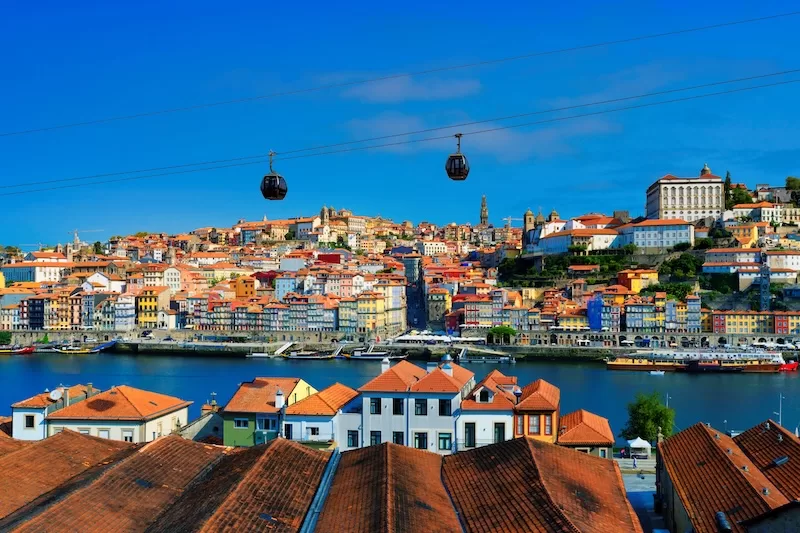
Spain Non‑Lucrative Visa
Picture mornings in a Spanish town where the bakery opens at 8, the air smells like churros and café con leche, and you’re among locals reading the paper. To apply you’ll need to prove you have substantial funds, typically around €2,400/month for the main applicant in 2025, which adds up to roughly €28,800/year. Private health insurance is mandatory. Work locally is prohibited. Applicants must show they’re self-sufficient and also maintain residence (often around 183 days/year) to renew. Ideal for retirees who want Spanish lifestyle, mature infrastructure, and are okay with higher income thresholds and fewer employment options.
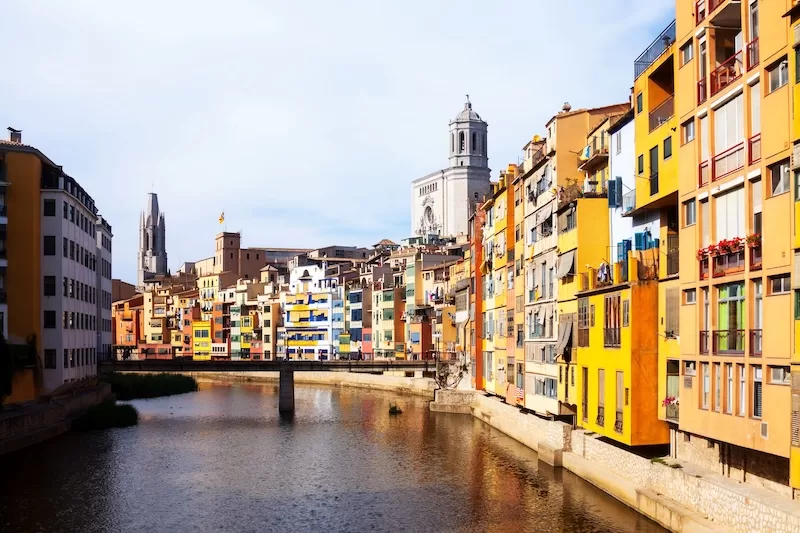
Panama Pensionado Program
You can expect a tropical lifestyle: mornings with palm-shadowed sidewalks, hired help for odd jobs, discounts at the cinema, and a sense of ease. The basic income requirement is about US $1,000/month in lifetime pension. Among the perks: 25% off utilities, 25% off airline tickets, 30% off transport, duty-free import of household goods, and car import every two years. This is a strong option for retirees prioritizing cost effectiveness, warm climate, and benefits that show up in everyday charges.
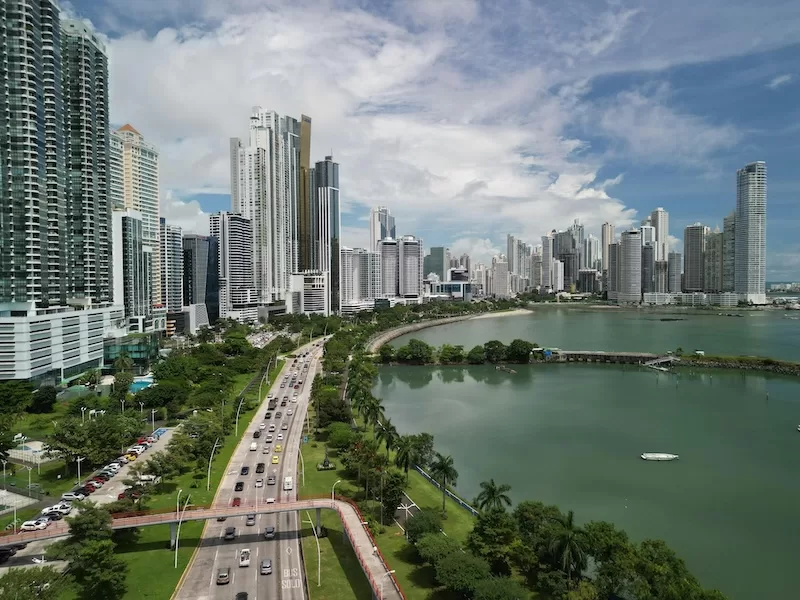
Costa Rica Pensionado Visa
Think of life near a rainforest, afternoon thunderstorms, ocean view breakfasts, and easy access to wellness care. The requirement? A guaranteed monthly pension of at least US $1,000/month for life. Once approved you can reside for two-year blocks (renewable) and eventually apply for permanent residency. You also gain access to the public healthcare system (the “Caja”). Perfect for retirees who want nature and comfort in equal measure, and don’t mind investing a little time in acclimating.
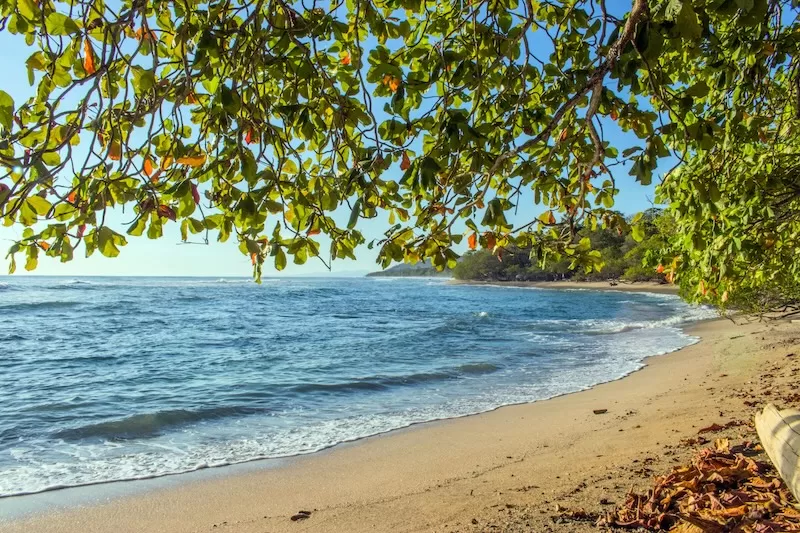
Read More Like This: Costa Rica Retirement
Thailand Retirement Visa (Non‑Immigrant O‑A)
Urban hustle, street-food spice, temples beside malls… this is Thailand. To apply for this visa, you must be 50 years or older. Financially, you must meet one of: deposit 800,000 THB in a Thai bank (roughly US $22,000-$23,000) or show a monthly income of 65,000 THB (roughly US $1,800-$2,000) or a combination totaling 800,000 THB. Private health insurance is required. The visa lasts one year and can be renewed if conditions remain. Ideal for retirees who thrive in dynamic surroundings, enjoy travel access within Asia, and embrace cultural richness combined with good value.
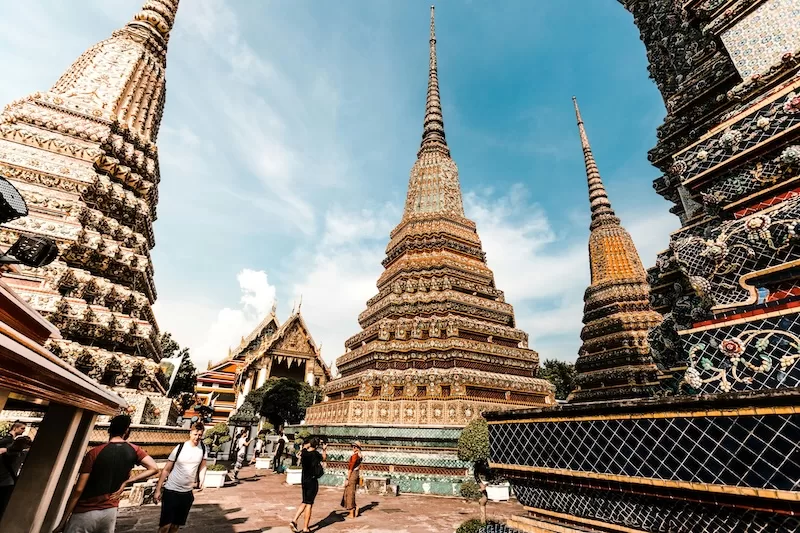
Malaysia My Second Home (MM2H)
Malaysia offers a long-stay option with flexible time frames and the ability to bring dependents. Financial thresholds vary by tier: for example, for applicants aged 50+ some sources say showing offshore income of ~RM 10,000/month (≈ US $2,300) or savings of RM 350,000 (~ US $100,000) is required. No strict minimum age in some categories. The visa allows dependents, long validity (5-20 years depending on tier), and tax-favourable treatment of foreign income. Best drawn to retirees who want Malaysia as base camp for deeper Southeast Asia living, strong infrastructure, and flexibility.
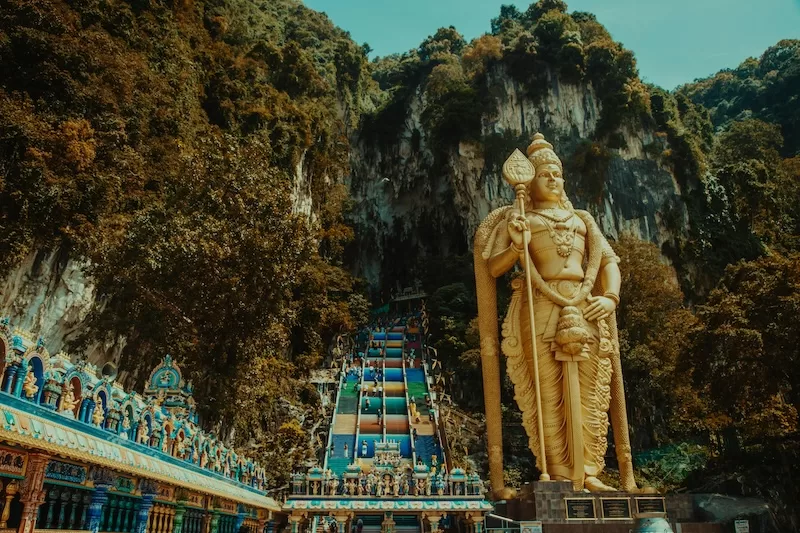
Summary Table
| Program | Minimum Income / Deposit | Age Requirement | Key Local Perks | Ideal For |
| Portugal D7 | ~€870/month passive income (≈US $940) | No strict age | Schengen access, EU citizenship path, high-quality public healthcare | Retirees seeking European access and comfort |
| Spain Non-Lucrative | ~€2,400/month (~€28,800/year) | No strict age | Spanish lifestyle, full healthcare access, Schengen | Those ready for higher income threshold and European culture |
| Panama Pensionado | US $1,000/month pension | Generally 18+ | Wide-range discounts (utilities, transport), warm climate | Budget-conscious retirees valuing perks and simplicity |
| Costa Rica Pensionado | US $1,000/month lifetime pension | No minimum age | Access to public healthcare (Caja), nature-rich setting | Retirees who want nature + wellness + friendly community |
| Thailand O-A Retirement | Deposit 800,000 THB (~US $22–23k) OR income 65,000 THB/month (~US $1,800–2,000) | 50+ years | Tropical lifestyle, Asian travel hub, cost-value healthcare | Retirees comfortable with vibrant environment and lower cost living |
| Malaysia MM2H | Savings ~RM 350,000 (~US $100k) or offshore income RM 10,000/month (~US $2,300) for 50+ | Varies | Long validity, family dependents, high infrastructure | Retirees who seek Southeast Asia comfort + long-term flexibility |
What You Need to Apply: A Document Checklist
Retirement visas reward good preparation. Most countries ask for similar proof:
• Passport with at least 6–12 months validity
• Pension or passive income records
• 3–6 months of bank statements
• Proof of accommodation (lease, hotel booking, ownership deed)
• Police background check (apostilled if required)
• Private health insurance documentation
• Passport-sized photos that meet consulate rules
• Completed application forms
• Translations into the official language if needed
Keep both printed and digital versions in one folder. Bureaucracy moves faster when you do.
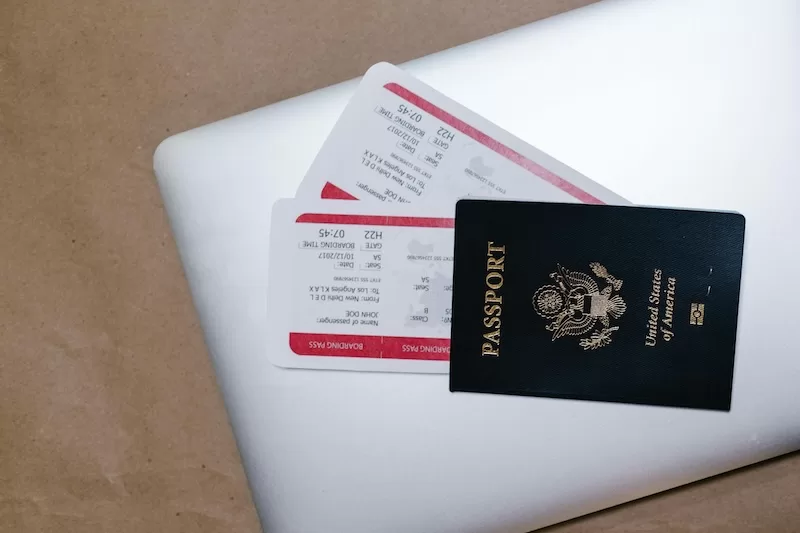
Smart Ways to Prepare for Daily Life Abroad
Matching your budget to your chosen country
Approval is step one. Staying comfortable is the real test. A country that advertises a low cost of living can still have pockets that strain a fixed income. In Portugal, a glass of wine might cost three euros in a neighborhood taverna but five to eight on a waterfront terrace. In Mexico, a beach condo can cost triple the rent of a home ten blocks inland.
The best strategy is to pick a region, not a country in the abstract. Visit during shoulder season. Grocery shop like a local. Track a normal week: fruit from the market, the pharmacy run, a couple of taxis, electricity bills when the AC runs all night in July. Your budget should not only survive these moments but feel at ease inside them.
Think about what your money unlocks. Does it cover dental visits twice a year without worry? A cleaner once a week? A dinner out with friends on Fridays? That level of comfort is what keeps retirement feeling steady.
Healthcare logistics you want in place early
Private insurance is often mandatory and smart to secure long before arrival. Look for coverage accepted in multiple hospitals, not only one clinic on the other side of town. Many retirees appreciate bilingual staff or a dedicated expat desk where navigating paperwork feels less intimidating.
In some countries, the public healthcare network becomes accessible once residency is established and monthly contributions begin. This can lower long-term costs significantly, especially for recurring prescriptions.
Keep a small notebook or digital file with translated versions of your key medical history. The day you need it, organization becomes peace of mind.
Taxes, pensions and cost surprises
Some retirement visas come with generous tax treatment that keeps foreign income untaxed for years. Others expect pension contributions to be declared locally. A tax adviser who understands cross-border retirement planning becomes essential. Double taxation is a headache that can be avoided with early clarity.
Banking matters too. Factor in ATM fees, international transfer charges, exchange rate fluctuations and the occasional account setup hurdle that surprises many expats in their first months.
Budget a little “cultural curiosity money.” Cooking gas deliveries, seasonal produce shifts, even the way utilities are billed can take time to understand. Not costly, just different.
Movement, language and cultural fit
Retirement is not a holiday. You will live in this place on Tuesdays, in the rain, when you forgot the word for “receipt,” and when the neighbor invites you to a family barbecue you barely understand. These are the moments that determine your happiness far more than visa validity.
Consider:
• Transport: Can you walk to daily errands or rely on affordable taxis.
• Language: Will you learn local basics easily, or does the alphabet feel intimidating.
• Neighborhood dynamics: Are locals welcoming, or do expat bubbles dominate.
• Climate: Hot season, rainy season, humidity, allergies.
• Social life: Book clubs, hiking groups, salsa nights, beach cafés, community centers.
Choose a country for how it feels at 10am on a Tuesday in November. The tax incentives might catch your attention, but the morning routine determines your life.
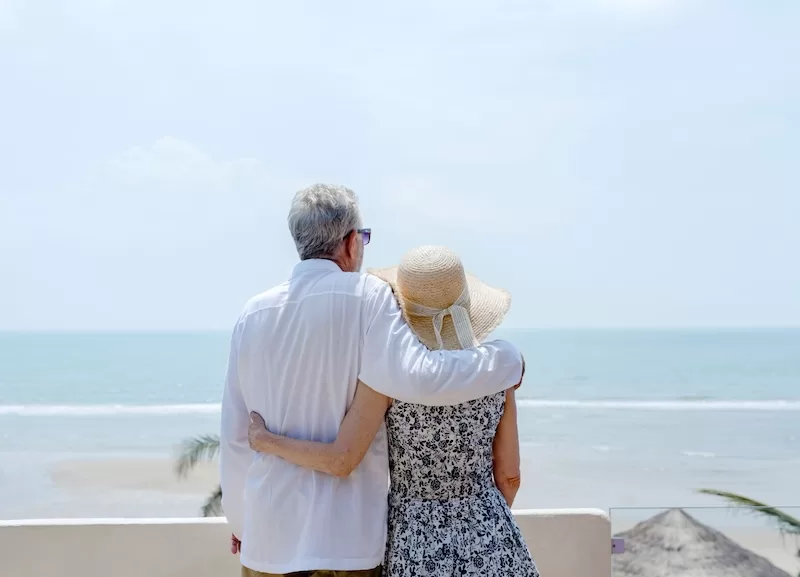
Common Pitfalls and How to Avoid Them
Underestimating healthcare and insurance requirements
Some retirees assume a low cost of living means healthcare will follow the same pattern. In many destinations, high-quality private care is affordable, but not free. Insurance fills the gap between expectation and reality. Choose a policy accepted by multiple hospitals and specialists, particularly in fields relevant to your age or health history.
Walk into the clinic that would handle your health needs before you ever become a patient. See how long it takes to check in. Notice whether someone speaks your language. Small details in calm moments prevent stress later.
Tax and pension surprises
Retiring abroad can shift your tax residency entirely. Countries may tax foreign-sourced income. Some pension providers stop inflation increases if you live outside their approved list of countries. A tax treaty can soften these edges, but you do not want to discover that during your first filing year.
Before applying for any retirement visa:
• Check how your home country taxes citizens abroad.
• Ask your pension provider about residency rules.
• Speak to a tax adviser experienced in international retirement.
Smooth financial planning lets you enjoy lazy breakfasts while overlooking a skyline, instead of sorting paperwork in a hurry.
Expectation gaps
Life abroad still includes bureaucracy, rainy days, and refrigerators that break at midnight. A move built only on the postcard version of a place will wobble once real life arrives. Look for destinations that feel comforting in quiet moments, not just exciting in the first week.
How to Plan your Retirement Visa Move in Four Steps
Step 1. Audit your income and financial sustainability
Start with numbers before you start with dreams. Write down every source of monthly income (pensions, rental revenue, investment withdrawals) and compare that total with the minimum thresholds in your target destinations. If a country asks for $1,000 USD per month or €8,000 per year, make sure your finances meet that comfortably, not barely.
Also map your spending life: medications, travel, hobbies, insurance deductibles, the little pleasures that make days better. Retirement abroad should feel like an upgrade. If the math only works on paper, life may feel thinner than it should.
Create two budgets: one “normal,” one “surprise-ready.” If both feel safe, the foundation is sound.
Step 2. Spend meaningful time in the destination
A scouting trip should feel like daily life, not a vacation. Rent a place a local could afford. Shop at markets instead of hotel cafés. Walk the route to clinics, bus stops, bakeries. Try to solve tiny problems in the local language.
This is where you discover the truth beneath the travel brochure:
• How humid nights feel.
• What the neighborhood sounds like at 11 p.m.
• If your shoes stay muddy all rainy season.
• If you enjoy the quiet or crave more noise.
Step 3. Bring in legal and tax experts early
Laws and taxes do not care about good intentions. An immigration lawyer will help prevent paperwork gaps that cause stressful delays. A tax advisor experienced in cross-border retirement will explain which forms you must file in each country and how to avoid paying tax twice on the same income.
Ask these professionals:
• How many days must you live in-country each year.
• What happens if your income dips for a few months.
• Which documents must be translated or apostilled.
• How renewals work and what changes at each milestone.

Step 4. Treat residency like a home you maintain
Once your visa is approved, the journey is just beginning. Keep all documents updated. Track renewal dates. Notify authorities when you change addresses. Maintain the bank deposits or income flows required to keep the visa valid.
This structure does not take away freedom. It protects it. It means your mornings stay slow and full of choice. It means your retiree years feel like an earned reward, not a battle with bureaucracy.
Build routines that make this life real: a neighborhood doctor, a weekly market habit, people who notice when you’re away. That is the moment retirement abroad stops feeling temporary. That is the moment the new place becomes home.
Most Googled Myths About Retirement Visas
Myth 1: A retirement visa is automatic once I prove my age.
Age is only one small part of eligibility. Income, health insurance and clean background checks carry far more weight than a birthday.
Myth 2: If I buy a home, the visa is guaranteed.
Real estate can help some applications but rarely replaces financial stability requirements. A beachfront condo does not override missing documentation.
Myth 3: I can switch from tourist to retirement visa from inside the country.
Some destinations require you to apply in your home country or at a consulate abroad. Arriving with a tourist stamp and assuming it will convert easily can lead to stressful exits and re-entries.
Myth 4: Healthcare abroad is always cheaper and always accessible.
Private care can be very affordable, but insurance coverage and hospital networks vary. A clinic close to home is a better measure than national averages.
Myth 5: Retirement visas are only for wealthy people.
Income thresholds exist, but many programs set them within reach of ordinary pensions. Frugal living in the right region creates comfort without luxury.
Myth 6: Citizenship will naturally follow.
Time helps but does not decide everything. Language tests, residency days, integration requirements and legal processes all shape the path to a passport.
Myth 7: Once approved, I’m set for life.
Residency must be maintained. Renewal dates, financial minimums, insurance rules and time in-country continue to matter. Think of it like gardening something alive needs regular care.
FAQs
Q1: Can I work while holding a retirement visa?
In most cases the answer is no or heavily restricted. Many retirement visas require you to live off passive income and prohibit local employment. Some allow remote work for foreign clients, but restrictions vary and must be confirmed before arrival.
Q2: Is the income requirement always pension-based?
Not exclusively. Some programs accept savings, investment returns or other stable passive income as long as you can support yourself. The key requirement is stability.
Q3: Does holding a retirement visa guarantee citizenship?
No. Many programs provide a path to permanent residency and after several years you may apply for citizenship, but conditions vary widely and citizenship is not automatic.
Q4: Will my home country pension be affected if I retire abroad?
It depends. Some pensions continue as before; others may stop cost-of-living increases if you live outside certain jurisdictions. Always check with your pension provider.
Q5: Must I buy property in the destination country to qualify?
Not always. Some retirement visas require property investment but many only require proof of income and local residency. Reference site lists many options without mandatory real-estate investment.
Q6: How long does retirement visa approval take?
Anywhere from a few weeks to several months depending on consulate processing times, background checks and completeness of documentation. Early preparation prevents delays.
Q7: Can I include my spouse or dependents?
Often yes. Many retirement visas allow a spouse or children to be added as dependents, though additional income proof or deposits may be required.
Q8: Do I need a local bank account?
For some visas, yes. You may need to deposit funds into a local bank to show financial stability or meet renewal conditions.
Q9: What happens if I travel frequently?
Time spent in the country matters. Many visas require a minimum number of days physically present each year to keep residency active. Tracking travel becomes part of the lifestyle.
Q10: Can I access local healthcare on a retirement visa?
Private insurance is usually required at first. Some countries later allow access to the public system once residency is established. This can reduce costs significantly.
Q11: Can I drive with my home country’s license?
Short term, usually yes. Long term residents often need to exchange or retest for a local license. Rules depend on international agreements.
Q12: What if my income changes after I move?
Income dips can affect visa renewals. Keeping a financial cushion or alternative passive revenue stream prevents surprises when paperwork comes around again.
Retire Well, Live Longer
Securing a retirement visa is a lot of paperwork, sure, but it is the hinge between your savings, your daily life and the place you call home for the next chapter. By studying the eligibility criteria, mapping your budget, assessing lifestyle fit, and preparing legal and tax frameworks, what begins as a plan becomes a rooted experience. Choose your country not just for numbers but for how your mornings feel, how your community forms, how your health and wallet stretch.
Subscribe to our newsletter for deeper guidance on retirement visas and long-stay residency. The next chapter of your life deserves space, sunlight and confidence. Start planning the version of retirement that really feels like you.
